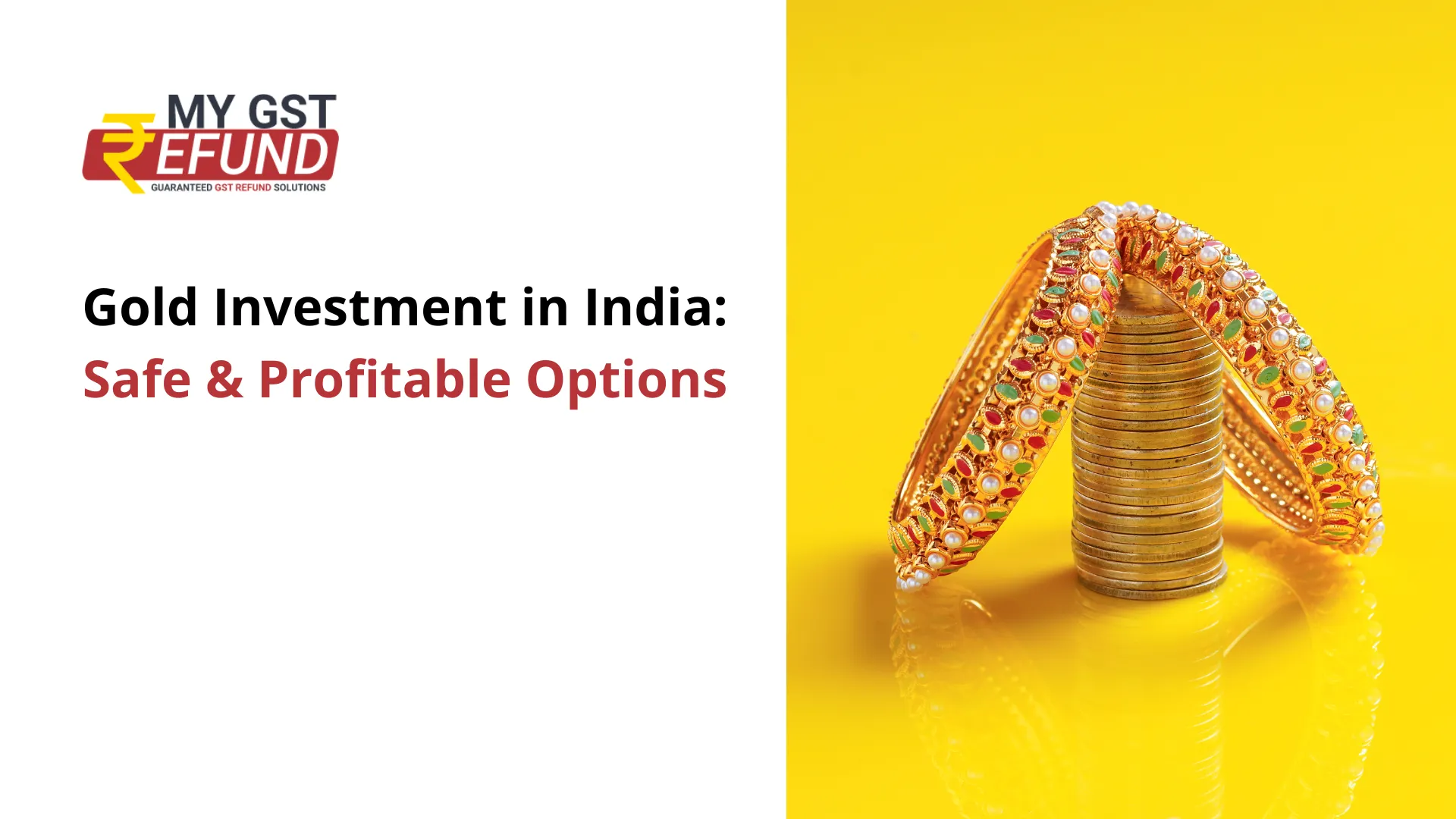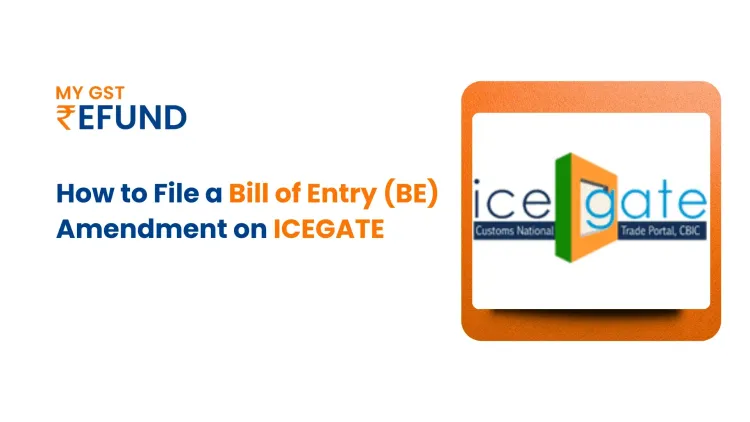Gold has always been a popular investment option in our country. While many believe it's primarily for jewellery, gold also serves as a great investment. It's seen as a safe haven when the stock market declines, due to its inverse relationship with stocks. In the past, investing in gold meant purchasing physical gold, but over time, gold investment methods have evolved. In this article will discuss the ways to gold Investment in India , along with its benefits, risks, and more.
Why Should You Invest in Gold ?
If you're wondering why you should invest in gold instead of other options, here are some straightforward reasons:
1. Beats Inflation: Gold tends to outpace inflation. Over the past 20 years, while average inflation was 6.4%, gold prices increased by 12.4%, resulting in a real return of around 6%.
2. Safe Haven: Gold acts as a hedge against market volatility, especially compared to stocks. When stock markets crash, gold prices often rise, making it a valuable asset to reduce investment risk.
3. Easy to Invest: There are various ways to invest in gold, such as physical gold, digital gold, gold ETFs, and gold mutual funds. Advances in technology have made investing in gold simpler and safer.
4. High Liquidity: Gold is highly liquid, meaning it can be easily converted into cash, particularly during crises. This liquidity makes it a reliable option for investors seeking stability.
These factors make gold an attractive investment choice for those looking to protect against inflation, hedge against market fluctuations, and maintain liquidity in their portfolios
What are Gold Funds ?
While buying physical gold is straightforward, it has drawbacks. Here are modern ways to invest in gold without owning it physically, using gold funds:
Gold ETFs: These funds trade electronically and hold physical gold or shares in gold mining or refining companies. They trade on stock exchanges like regular stocks.
Gold Mutual Funds: These funds invest in gold ETFs. Managed by asset management companies (AMCs), they function like other mutual funds and can be invested in similarly.
These options provide accessible ways to invest in gold without the need for physical possession, offering flexibility and ease of trading.
How to invest in Gold ?
Gold Investment in India depends on the type of gold investment:
Physical gold: You can buy physical gold from any jewellery store.
Digital gold: Many online wallets and fintech apps offer digital gold. You buy gold at the current market price without needing physical delivery. Usually, you can purchase a minimum of 1 gram of gold.
Gold Mutual Funds: Similar to other mutual funds, you can invest in gold mutual funds. You can choose between lump sum or SIP (Systematic Investment Plan) based on your preferences. Several mutual fund apps also offer gold mutual funds.
Gold ETF: To invest in Gold ETFs, you need a Demat and trading account. These ETFs trade on the stock market. Once you have these accounts, you can buy Gold ETFs directly. You can trade actively or hold for long-term gains.
Sovereign Gold Bonds: These are debt instruments allowing investment in gold, issued periodically by RBI through banks. The government of India guarantees returns, offering a secure income stream.
Gold Investment vs Mutual Fund
Minimum Investment Requirement for Investing in Gold
When considering gold as an investment, it's important to know the minimum investment requirements:
Physical Gold: The minimum amount depends on the quantity of gold you buy. Currently, the average price of a 1 gram gold coin is around Rs. 6000, but this varies with the gold price fluctuations.
Sovereign Bonds and Gold ETFs: You typically need around Rs. 5000 as a minimum investment.
Gold Mutual Funds: You can start investing with as little as Rs. 100.
Digital Gold: You can invest with as little as Re. 1.
These minimum amounts allow flexibility depending on your investment preferences and the type of gold investment you choose.
Things to consider before investing in Gold
Gold Investment in India can be beneficial, but it's important to consider a few factors:
Physical Gold: If you're buying physical gold for investment, ensure its safety due to the risk of theft. Also, verify the gold's quality, as some jewellers may mix impurities.
Digital Gold: Invest through trusted wallets and fintech apps, as digital gold currently lacks government regulations.
Gold ETFs and Mutual Funds: Investors should stay updated on market movements and understand how gold prices respond to price changes.
Sovereign Gold Bonds: While sovereign gold bonds have negligible sovereign default risk, it's still important to be aware of this factor.
These considerations help in making informed decisions when investing in gold in any form.
Conclusion
Gold Investment in India has several advantages, such as protecting against inflation, offering stability in volatile markets, and providing liquidity. Modern options like digital gold, gold ETFs, and sovereign gold bonds make investing easier without requiring physical possession. However, investors should be cautious about security for physical gold, regulations for digital gold, and staying updated on market trends for ETFs and mutual funds. Understanding these factors helps in making wise investment decisions and maximising the benefits of gold investments in different economic conditions.
Also Read : Bringing back over 100 tonnes of gold from the UK
Related Posts








